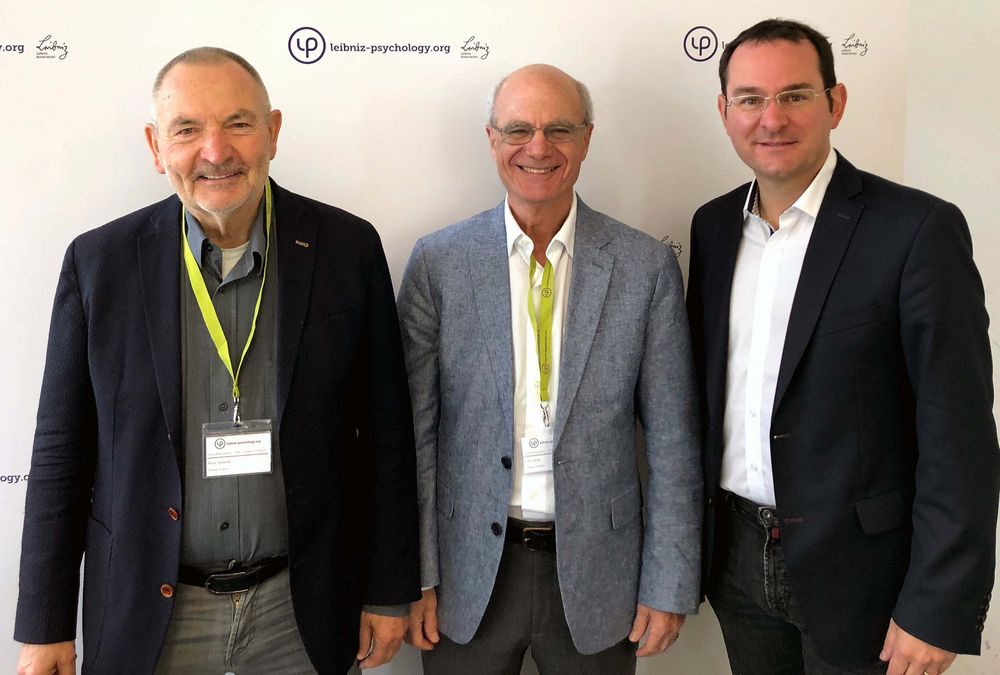"It was an opportunity to meet one of the 'legends' in social psychology, Icek Ajzen, as well as share ideas on research on replicating theory and research in psychology", said Martin Hagger, Professor of Psychology at Curtin University, Australia, and University of Jyväskylä, Finland, who attended the ZPID conference with Icek Ajzen "Identifying the Determinants of (Non-)Replicability: The Theory of Planned Behavior".
Three days were filled with keynotes, presentations, a workshop and a hackathon. "We have started a general conference series, identifying the factors rendering well established psychological theories replicable, which will be continued next year", said ZPID Director Prof. Dr. Michael Bosnjak. This year's event focused on the Theory of Planned Behavior.
Professor Icek Ajzen, who has developed the Theory of Planned Behavior (TPB), was one of the keynote speakers in Trier, and together with Peter Schmidt, Professor at the University of Gießen, he held a workshop. They focused on central features of the TPB and using structural equation modeling (SEM) to establish convergent and discriminant validity of TPB measures, among other things.
"A Unique Platform"
"I greatly enjoyed attending the conference. It provided a good opportunity to talk to others working on issues closely related to my own interests", said Ajzen. "The meeting's narrow focus on replicability of research findings related to the theory of planned behavior provided a unique platform for exploring new ideas."
Peter Schmidt, who gave a keynote speech as well, stated: "For me the special attractiveness was the positive turn in response to the replication and legitimacy crisis of psychology by building up new standards for preregistration of studies like in medicine and epidemiology and not only blaming other people."
Part of the conference was a hackathon, which aimed at developing the core parts of a study protocol. Participants exchanged ideas with other researchers and examined the possibility of cooperation. They now have the opportunity to develop a preregistered protocol and submit it to Europe's Journal of Psychology (EJOP), for example. An EJOP special issue is associated with the conference - which is open to non-conference attendees as well. The deadline for submissions is January 31, 2019. For further information, please see https://goo.gl/wMwtpN.
ZPID Offers Incentives For Preregistration
ZPID supports preregistration, enabling researchers to demonstrate that their studies have been conducted, analyzed, and reported as initially planned. "Our incentives are free data collection in ZPID's online quota-based panel and curation services", said ZPID Director Michael Bosnjak, who was very pleased with the preliminary study protocols developed during the hackathon.
Abstracts and presentations of the conference are and will be available via PsychArchives, ZPID's repository for psychology: http://bit.ly/2CwMmzc.
If you are interested in upcoming ZPID events, please visit conferences.leibniz-psychology.org.



